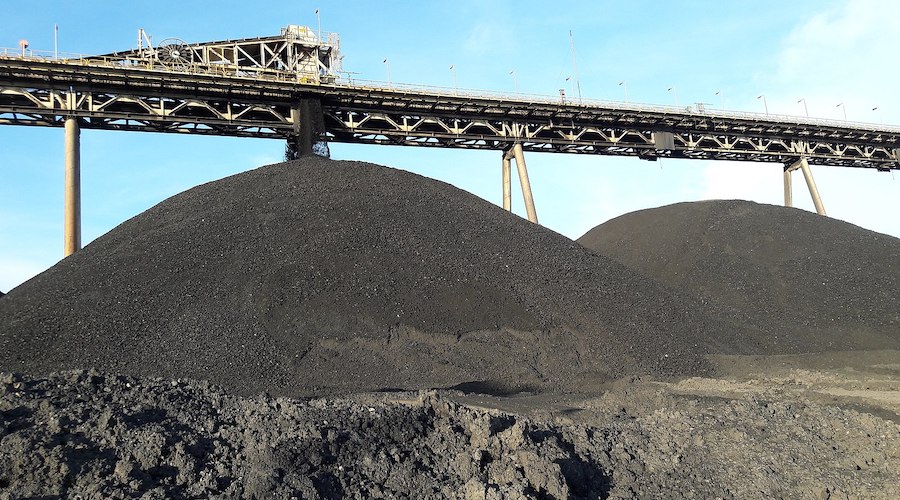Indonesia understates methane emissions from mining, report says

Methane emissions from Indonesia’s expanding coal mining sector are significantly underreported, jeopardizing the nation’s international climate commitments, according to new analysis from energy think tank Ember.
The world’s third-biggest coal miner after China and India undercounts methane emissions from production of the fuel by six to seven times, according to Ember, which cited independent estimates from scientists using satellites and mine-level data compiled by nonprofit Global Energy Monitor.
Indonesia neglected to include methane releases from underground reserves, Ember said. And though the country’s last official report to the United Nations used an approved approach that applies an emissions factor to each ton of coal extracted or produced, Ember said that given the nature of the country’s open-cut mines, a higher factor would have been more appropriate.
The Energy and Mineral Resources Ministry said the agency needs to review the findings, a spokesperson said Monday, a holiday in Indonesia.
The discrepancies could jeopardize Indonesia’s efforts to slash releases of the gas and meet emissions reductions commitments under the Global Methane Pledge. More than 150 nations have signed the agreement vowing to cut methane 30% by the end of this decade from 2020 levels.
Methane is the primary component of natural gas, but it can also leak during coal production when rock strata or coal seams are fractured and operators routinely vent methane into the atmosphere to reduce health and safety risks for workers. Few mines use available above-ground capture technology.
To improve accuracy Indonesia should collect data and analyze emissions from individual mines and distinguish between emissions from underground and surface mines when its reports the releases, according to Ember.
Estimates from satellites and independent analysis suggest that many countries underreport their methane emissions. In 2022, Australia revised its calculations for methane pollution from open-cut coal mines, a change that meant total national annual emissions were on average 0.3% higher than stated for more than 30 years.
Methane has more than 80 times the warming power of carbon dioxide during its first 20 years in the atmosphere, and clamping down on avoidable emissions from fossil fuels is one of the cheapest, fastest ways to avoid levels of climate change that scientists agree would be catastrophic.
(By Eddie Spence and Aaron Clark)
{{ commodity.name }}
{{ post.title }}
{{ post.date }}




Comments